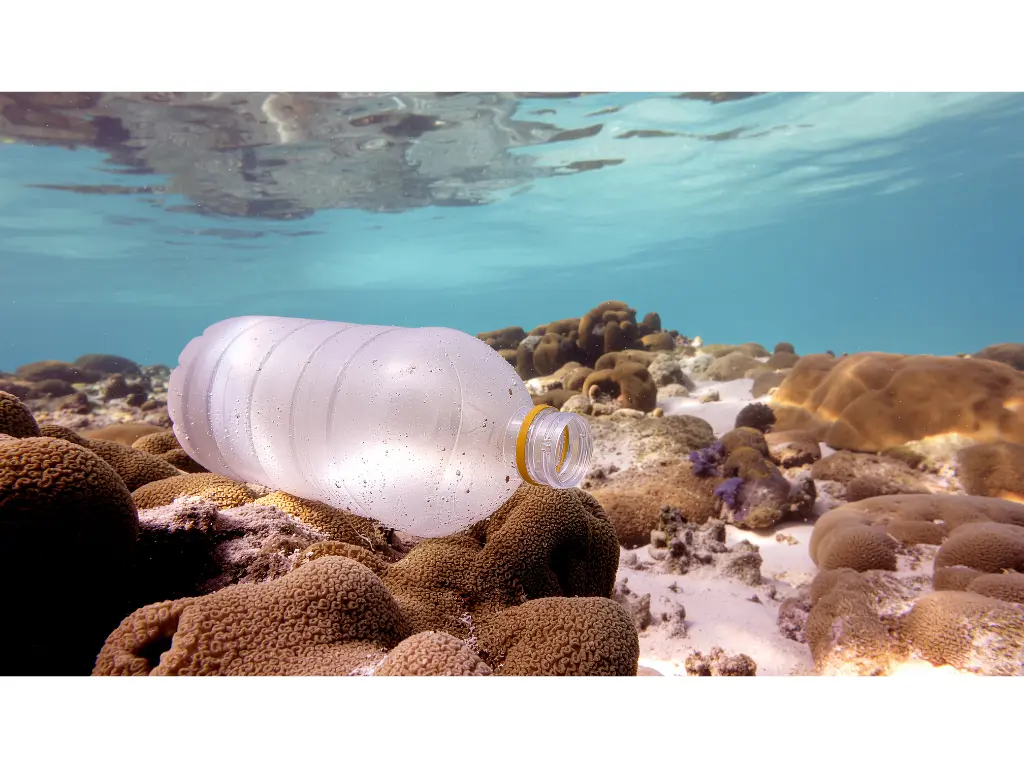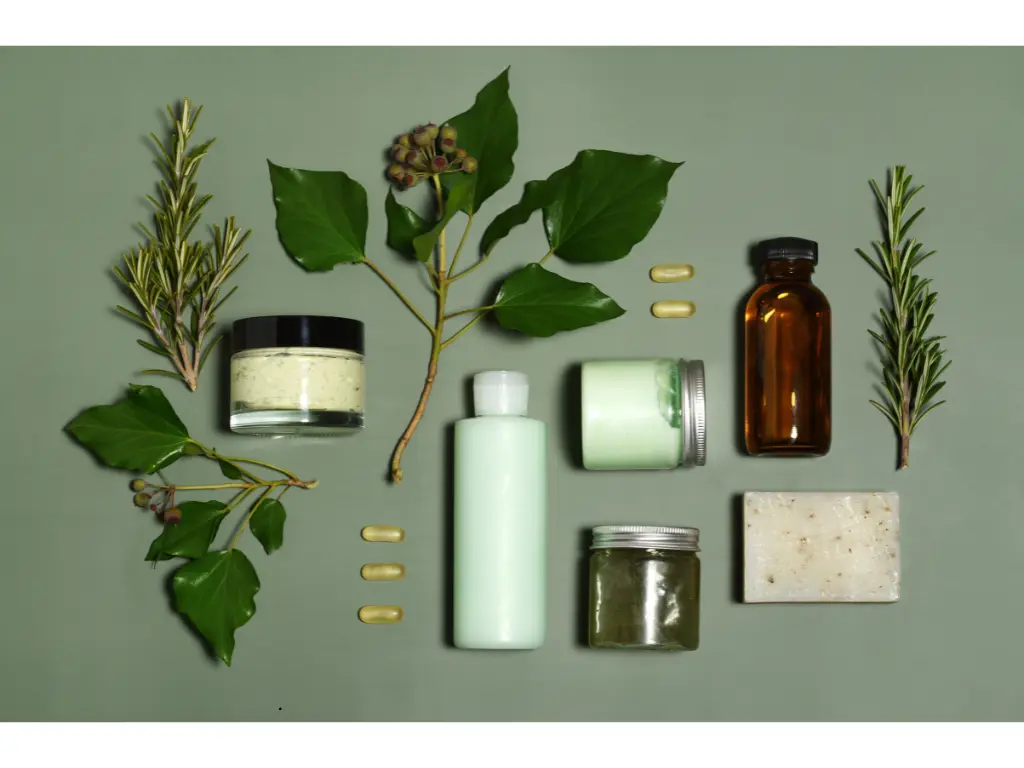
On the 13th of November 2024 Brazilian President Lula sanctioned the Law 15.022/24, previously known as PL 6120/24, creating the National Inventory of Chemical Substances. This Law creates a comprehensive tool for effective risk assessment and management of chemical substances in the country. Before Brazil had specific laws depending on the sector (pharmaceutical products, cosmetics, pesticides, sanitizing products, and explosives). Brazil has now joined a selected group of countries with an advanced system to monitor chemicals entering its market, with the scope to assess risks to human health and the environment. The National Inventory of Chemical Substances is the core of the law, a tool that will assess and control the risks of chemical substances used, produced or imported in the national territory, with the objective of minimizing adverse impacts on health and the environment. This milestone is the result of the collaboration of several Brazilian stakeholders, including Ministério do Meio Ambiente e Mudança do Clima (Ministry of the Environment and Climate Change), Abiquim (Brazilian Chemical Industry Association), Conasq (National Chemical Safety Commission).
News

Oct-12-2025
On 7 October 2025, President Luiz Inácio Lula da Silva signed Decree No. 12,644, officially establishing the National Strategy for a Plastic-Free Ocean (ENOP). The plan sets out actions through 2030...
Read More
Oct-14-2025
On 13 October 2025, Brazil’s health regulatory agency, Anvisa launched a public consultation to gather feedback on new rules for the production of handmade cosmetics, personal care products, and perfumes. The...
Read MoreIf you want to access the GHS report, please Register here in GPC Intelligence Portal click here
